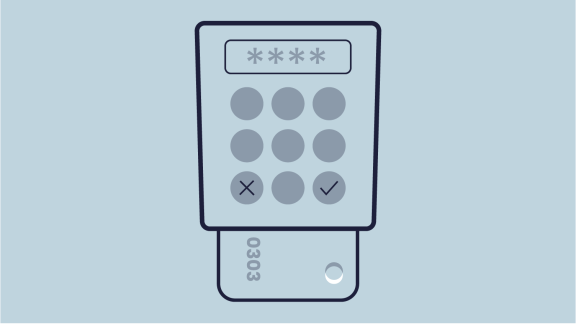Would charging patients for missed appointments help fund the NHS?

Overview
During the Conservative Party leadership context last year, Rishi Sunak proposed that patients should be fined £10 for missed GP and hospital appointments. While the suggestion was later dropped, the idea has since lingered with other politicians in the hope it would tackle waste and provide additional funding to the NHS to reduce access pressures facing the health and care system.
Exploring the evidence
The NHS remains under immense pressure with primary care seeing record levels of demand and hospitals experiencing an elective waiting list which stands at nearly 8 million in England, and 1.4 million people on the waiting list for community mental health and learning disability services. Health service leaders are working hard using their stretched resources to deliver for patients, and there is no doubt that missed appointments can add to this pressure.
Every month, over 1 million people do not turn up to their GP appointments – that’s around 4-5 per cent of all appointments primary care delivers. For hospital outpatient appointments, around 6.4 per cent of the 122 million appointments in 2021/22 were missed.
This has significant cost implications for the NHS but are fines the answer?
The NHS Confederation has looked into this in more detail:
If we were to assume NHS England would use a similar eligibility criterion for charging for missed appointments as they use for charging for prescriptions this would mean only 40 per cent of the population would be eligible to charges. Given there will likely be other extenuating circumstances that would also need to be factored in, for example not receiving appointment letters and public transport challenges, the possible income received from this process would reduce even further.
Members of our primary care and mental health networks have highlighted the cost needed to build the mechanisms to charge for missed appointments alongside day-to-day running costs. This new infrastructure would also increase the workloads of their office management and medical secretaries too.
Health inequalities
There are many reasons why some patients do not, or are unable to, attend their booked appointments. The evidence shows that people living in more deprived areas of the country, patients with a mental health condition, and/or from minority ethnic backgrounds are more likely to not attend their booked NHS appointments and that these population groups also have poorer health outcomes..
In addition, in a recent NHS England review of hospital outpatient appointments, patients said missed appointments often stemmed from difficulties with processes and communication. Additionally, patients said they would be more likely to miss an appointment if they had a poor experience previously.
Health leaders have said that penalising these groups by potentially introducing a charge would not solve the more substantial problems facing the health and care system.
Attendance increasing through action not penalty
Since COVID-19, the number of DNAs in primary care has dropped. While the reasons behind this are not yet fully understood, it has coincided with an ongoing shift across primary care to further extend the availability of its appointments,
If a charging system was to be introduced, it would remain to be seen whether the penalty would extend to virtual appointments where poor signal and technology may create additional barriers for some patients.
Elsewhere, at a time when criminal acts of violence at GP surgeries across the UK have almost doubled in five years, there are significant concerns from some of our primary care members that charging for missed appointments could give the impression of their staff becoming ‘debt collectors’, which could break down relationships and trust.
The bottom line
When patients miss their booked appointments, this undoubtedly puts additional strain on the health service. However, health leaders are clear that introducing a charging system is not a long-term solution to the challenge, and it could prove to be counterproductive, both for the NHS and for the health and wellbeing of patients.
The risks to NHS staff expected to manage any payment system and to patients, who may become alienated would be significant and the impact on health inequalities are difficult to quantify.
Instead, more attention should be spent on exploring the reasons why these no-shows are taking place and in supporting NHS services to invest further in staff recruitment and retention, and infrastructure so that they can extend access and provide a better experience for their local communities.
Read more from our series of explainers, providing facts and figures to challenge common misconceptions in health and care.



